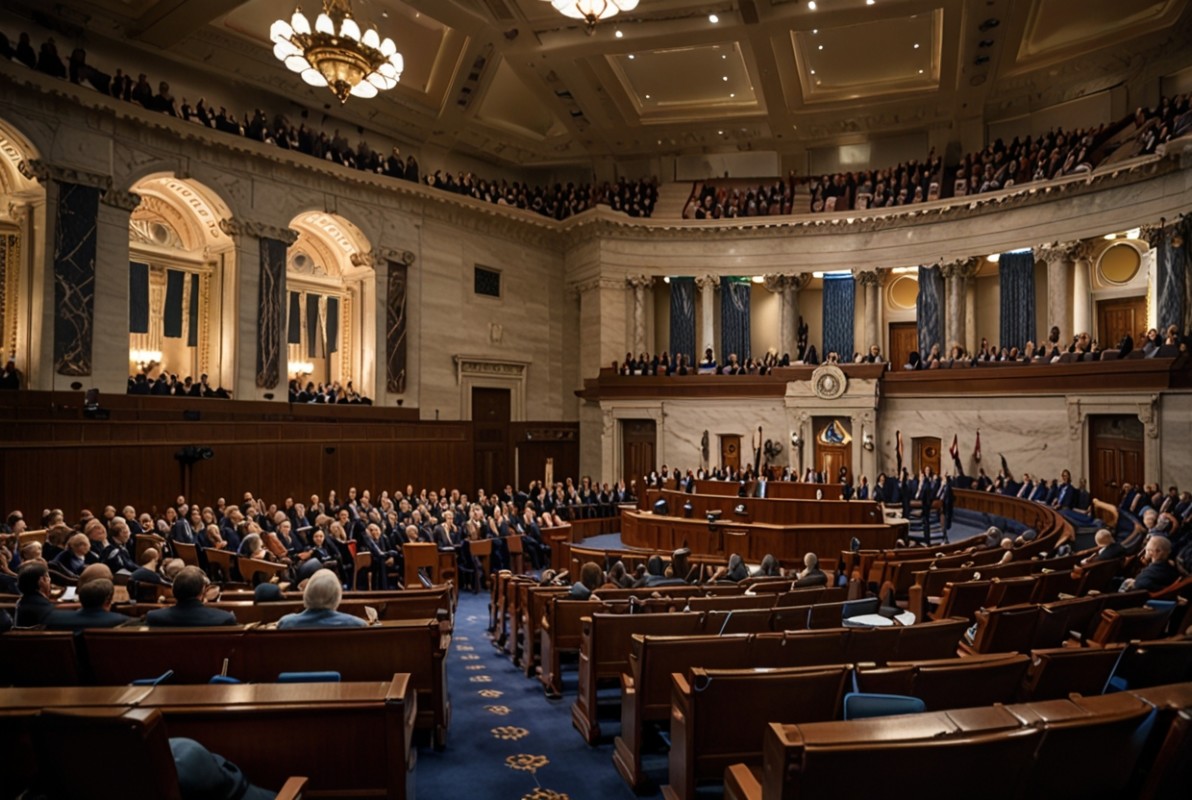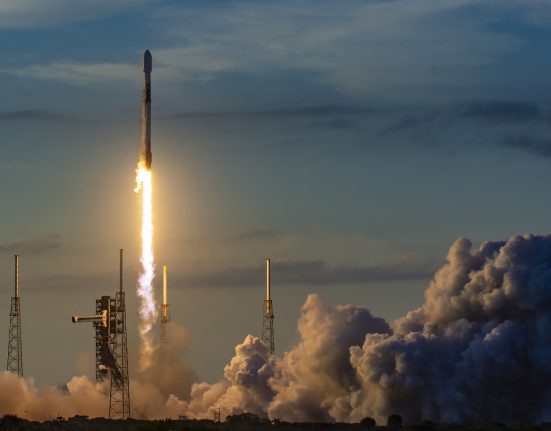
Following the July 27 announcement at the Bitcoin conference in Nashville, the project “Driving Innovation, Technology and Competitiveness through Nationally Optimized Investments” or BITCOIN Act of 2024The proposal, introduced by Senator Cynthia Lummis of Wyoming, seeks to firmly establish Bitcoin as a strategic asset in the United States’ financial arsenal. At its core, the bill proposes the creation of a Strategic Bitcoin Reserve (SBR) and a structured Bitcoin Purchase Program, as well as a comprehensive national custody policy. While the bill is fairly brief, below is a breakdown of the law’s key provisions, their implications, and the innovative funding mechanisms employed.
Bitcoin's Strategic Reserve
The creation of the SBR represents a paradigm shift in how the U.S. government manages and safeguards Bitcoin at the federal level. Mirroring many of the best practices currently being discussed in the field, such as geographically distributed keys, a cold storage mandate, and independent proof-of-reserve audits, the SBR creates a decentralized network of secure Bitcoin storage facilities across the United States. (It should be noted, however, that a multi-signature system is not mentioned, though it is not explicitly prevented either.) In this way, the Act is intended to protect against breaches and vulnerabilities in the event of a single catastrophic event.
Bitcoin Purchase Program
The Act establishes a plan to acquire up to 1,000,000 Bitcoins over a five-year period, limiting purchases to 200,000 Bitcoins per year, and then holding such reserves for twenty years. In addition, the Act sets limits on the use and sale of the reserve after the holding period. During the minimum holding period, no Bitcoin held by the federal government in the SBR may be sold, exchanged, auctioned, encumbered, or otherwise disposed of for any purpose other than to pay off outstanding federal debt instruments.
Funding the Bitcoin Purchase Program
To minimize the impact on taxpayers, the Act employs multiple methods to fund Bitcoin acquisition, ensuring economic sustainability without increasing federal debt.
First, it proposes an amendment to the Federal Reserve Act to reallocate discretionary surplus funds from the Federal Reserve banks. This reduces discretionary surplus funds from $6.825 billion to $2.4 billion. The Federal Reserve must then remit the net proceeds to the Treasury, and the Act redirects the first $6 billion to the purchase of bitcoin.
In addition, the law also involves an adjustment in the valuation of the gold certificates held by the Federal Reserve. Currently, the Federal Reserve has gold certificates that are marked at $42.22 per ounce, while the market price of gold today is closer to $2,400. This essentially forces the Federal Reserve to mark the gold certificates to market and then remit the profit on the gold to the Treasury in order to fund the initial acquisition.
State Participation
The Act provides for the acceptance of state-level Bitcoin holdings into the national framework through voluntary participation. This aspect allows individual states to store their Bitcoin holdings within the SBR in segregated accounts. By offering this option, the federal government allows (but does not require) states to add Bitcoin to their own treasuries, without having to reinvent and reimplement a robust security plan.
States participating in the program retain exclusive, segregated title to their bitcoins and the right to withdraw or transfer their bitcoin holdings from the SBR, in accordance with the terms of their contractual agreement and any applicable federal regulations, but are not subject to federal restrictions that would otherwise apply to the SBR. This flexibility ensures that states can manage their bitcoin treasuries according to their specific financial strategies and needs.
Implications and next steps
By leveraging existing financial resources and the economic value of gold, the BITCOIN Act aims to acquire Bitcoin without directly burdening taxpayers or increasing federal debt. This multifaceted approach underscores the innovative financial strategies the Act employs to integrate Bitcoin into the national reserve system, laying the groundwork for comprehensive Bitcoin policy at all levels of the U.S. government.
Readers who wish to support the Act should contact their legislators, either directly or through a tool like this one created by the Satoshi Action Fund.
This is a guest post by Colin Crossman. The views expressed are solely his own and do not necessarily reflect those of BTC Inc or Bitcoin Magazine.













Leave feedback about this